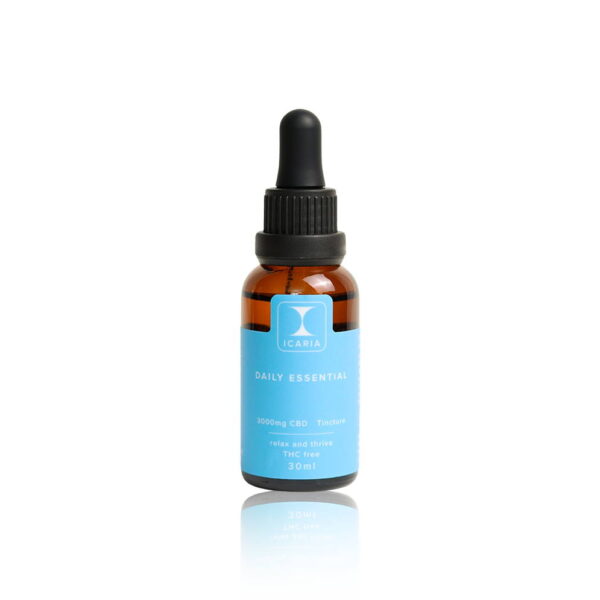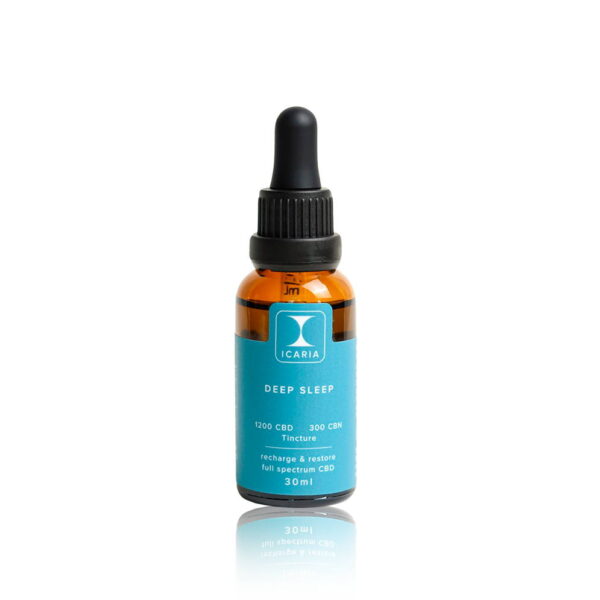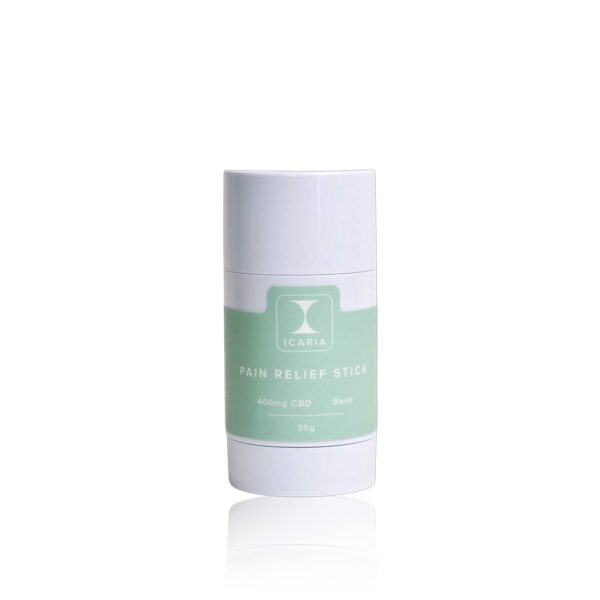In the realm of natural wellness, cannabinoids have garnered significant attention for their potential health benefits. Among these cannabinoids, CBD (cannabidiol) and CBG (cannabigerol) stand out for their unique properties and therapeutic potential. As the wellness community increasingly explores natural remedies, understanding the differences and benefits of CBD vs. CBG is essential. This blog post will delve into the world of cannabinoids, compare CBD and CBG, and explore their specific benefits for stress, anxiety, pain, sleep, and hormonal balance.
What are Cannabinoids and What is the Endocannabinoid System?
Cannabinoids are naturally occurring compounds found in the cannabis plant. There are over 100 different cannabinoids, each with its own unique effects. The most well-known cannabinoids are THC (tetrahydrocannabinol), CBD, and CBG. These compounds interact with the body’s endocannabinoid system (ECS), which plays a crucial role in maintaining homeostasis.
The ECS consists of endocannabinoids (naturally produced by the body), receptors (CB1 and CB2), and enzymes that break down cannabinoids. CB1 receptors are primarily found in the brain and central nervous system, while CB2 receptors are more prevalent in the immune system and peripheral organs. Cannabinoids like CBD and CBG interact with these receptors to influence various physiological processes, including pain, mood, appetite, and immune response.
CBD vs CBG: 5 Main Differences
- Chemical Structure: CBD and CBG have different molecular structures, which affects how they interact with the ECS. CBG is often referred to as the “mother of all cannabinoids” because other cannabinoids, including CBD and THC, are derived from its acidic form (CBGA).
- Interaction with ECS: CBD primarily interacts with CB1 and CB2 receptors indirectly, modulating the receptors’ activity without directly binding to them. In contrast, CBG has a more direct interaction with CB1 and CB2 receptors, which can result in different effects on the body.
- Abundance in Cannabis: CBG is typically present in much smaller quantities in cannabis plants compared to CBD. As a result, it can be more challenging and expensive to extract CBG in significant amounts.
- Therapeutic Potential: While both cannabinoids offer a range of potential health benefits, their specific effects can differ. CBD is well-known for its anti-inflammatory, anti-anxiety, and neuroprotective properties. CBG, on the other hand, is being studied for its potential antibacterial, antifungal, and neuroprotective effects.
- Research and Popularity: CBD has been extensively researched and has gained significant popularity in recent years, leading to a wide variety of CBD products available on the market. CBG, although promising, is less well-known and has not been studied as extensively, but interest in its potential benefits is growing.
CBD vs CBG for Stress
Stress is a common issue that affects many people, and both CBD and CBG show promise in helping to manage it.
CBD for Stress: CBD is widely recognized for its ability to promote relaxation and reduce stress. It interacts with serotonin receptors, which play a role in mood regulation and can help alleviate feelings of stress and anxiety. Many people use CBD oil, capsules, or edibles as part of their daily wellness routine to manage stress levels. Shop CBD for stress HERE
CBG for Stress: CBG also shows potential in reducing stress. It interacts with both CB1 and CB2 receptors, which can help regulate mood and promote a sense of calm. While research on CBG is still in its early stages, preliminary studies suggest that it may be effective in managing stress and promoting relaxation.
CBD vs CBG for Anxiety
Anxiety disorders are among the most common mental health conditions, and finding natural remedies to manage anxiety is a priority for many.
CBD for Anxiety: CBD has been extensively studied for its anxiolytic (anxiety-reducing) properties. It influences the ECS and serotonin receptors to help reduce anxiety symptoms. Many people report that using CBD helps them feel more relaxed and less anxious, making it a popular choice for managing anxiety. Shop CBD for anxiety HERE
CBG for Anxiety: While research on CBG for anxiety is still limited, some studies suggest that it may have anxiolytic effects similar to CBD. CBG’s interaction with the ECS and its potential to regulate mood make it a promising candidate for anxiety relief. However, more research is needed to fully understand its effectiveness.
CBD vs CBG for Pain
Pain management is one of the most common reasons people turn to cannabinoids. Both CBD and CBG have shown potential in alleviating different types of pain.
CBD for Pain: CBD is well-known for its anti-inflammatory properties, making it effective in reducing pain caused by inflammation. It also interacts with pain receptors in the brain to help manage chronic pain conditions such as arthritis, multiple sclerosis, and fibromyalgia. CBD products like topicals, tinctures, and capsules are commonly used for pain relief. Shop CBD for pain HERE
CBG for Pain: CBG’s potential as a pain reliever is also promising. It has been shown to have anti-inflammatory and analgesic properties, which can help reduce pain and inflammation. CBG’s direct interaction with CB1 and CB2 receptors may enhance its pain-relieving effects, making it a valuable option for those seeking natural pain management solutions.
CBD vs CBG for Sleep
Quality sleep is essential for overall health and well-being, and both CBD and CBG can play a role in promoting better sleep.
CBD for Sleep: CBD is often used as a natural sleep aid due to its calming and relaxing effects. It can help reduce anxiety and promote a sense of relaxation, making it easier to fall asleep and stay asleep. Many people use CBD oil or capsules before bedtime to improve their sleep quality. Shop CBD for sleep HERE
CBG for Sleep: While CBG is less well-known for its effects on sleep, it may still have potential as a sleep aid. Its interaction with the ECS and its ability to promote relaxation could help improve sleep quality. More research is needed to fully understand CBG’s effects on sleep, but early studies suggest it may be beneficial.
CBD vs CBG for Hormonal Balance
Hormonal balance is crucial for women’s health, and cannabinoids like CBD and CBG can play a role in supporting this balance.
CBD for Hormonal Balance: CBD’s interaction with the ECS can help regulate hormonal balance by influencing various physiological processes. It can help manage symptoms of hormonal imbalances such as mood swings, menstrual cramps, and menopausal symptoms. Many women find that using CBD products helps them maintain a more balanced and stable mood.
CBG for Hormonal Balance: CBG’s potential to interact with the ECS and influence hormonal regulation is still being studied. However, its effects on mood regulation and stress reduction suggest that it may help support hormonal balance. As research on CBG continues, it may become a valuable tool for managing hormonal health.
Conclusion
Understanding the differences and benefits of CBD vs. CBG is essential for anyone interested in natural wellness solutions. While both cannabinoids offer promising health benefits, their unique properties and interactions with the endocannabinoid system can result in different effects. Whether you’re looking to manage stress, anxiety, pain, sleep, or hormonal balance, both CBD and CBG have the potential to support your wellness journey. As research continues to uncover the full range of their benefits, incorporating CBD or CBG into your routine may help you achieve a healthier and more balanced lifestyle.
By exploring the potential of these cannabinoids, you can make informed decisions about which one may be best suited to your individual needs. As always, it’s important to consult with a healthcare professional before starting any new supplement regimen, especially if you have underlying health conditions or are taking other medications.







